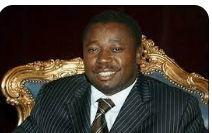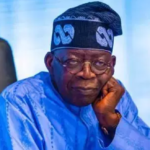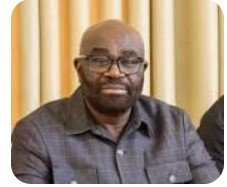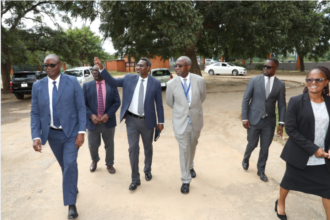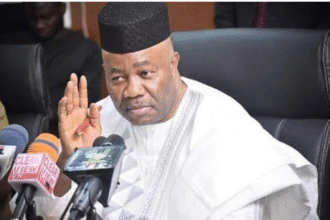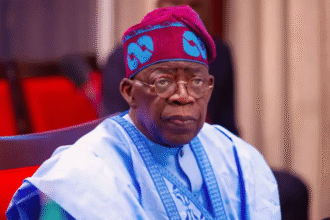By Abu Hassan
Accra, Ghana – In a move widely seen as a power grab, Togolese leader Faure Gnassingbé has been sworn in as the “President of the Council of Ministers”, a newly created position that has no official term limits. This development has sparked outrage among opposition groups and citizens, who fear that Gnassingbé is poised to rule for life.
The new post is the highest office in the government’s executive branch, and its creation follows a constitutional reform that abolished presidential elections and introduced a parliamentary system. Critics argue that this change was designed to allow Gnassingbé to maintain his grip on power indefinitely, extending his family’s 58-year rule over the country.
Gnassingbé’s father, Gnassingbé Eyadéma, ruled Togo for nearly four decades before his death in 2005, when Faure took over. The opposition has long accused the Gnassingbé family of perpetuating a dynasty, and this latest move has only fueled their concerns.
The new constitution, approved by lawmakers last year, has been labeled an “institutional coup d’état” by critics and opposition figures. Although the government initially paused some of the changes in response to widespread backlash, Gnassingbé has now assumed his new role, further entrenching his power.
In theory, the role of president of the republic is now an honorary title, but analysts believe that Gnassingbé’s influence is greater than ever. His party, the Union for the Republic, won a landslide victory in last year’s parliamentary election, taking 108 out of 113 seats in the National Assembly.
The upcoming municipal elections in July will be the first to take place under the new constitution, and they are likely to be closely watched. The international community, including the Economic Community of West African States (ECOWAS), has been criticized for its silence on the matter, which has emboldened Gnassingbé to push ahead with his plans.
As tensions rise in Togo, there are concerns that the situation could escalate into protests and potentially even a revolt from the security sector, including the military. The opposition has vowed to continue fighting against what they see as a blatant attempt to consolidate power and undermine democracy.
With Gnassingbé’s new post, the future of Togo’s democracy hangs in the balance, and the world is watching to see how the situation will unfold. Will the international community intervene to prevent a slide into authoritarianism, or will Gnassingbé’s grip on power continue to tighten? Only time will tell.


